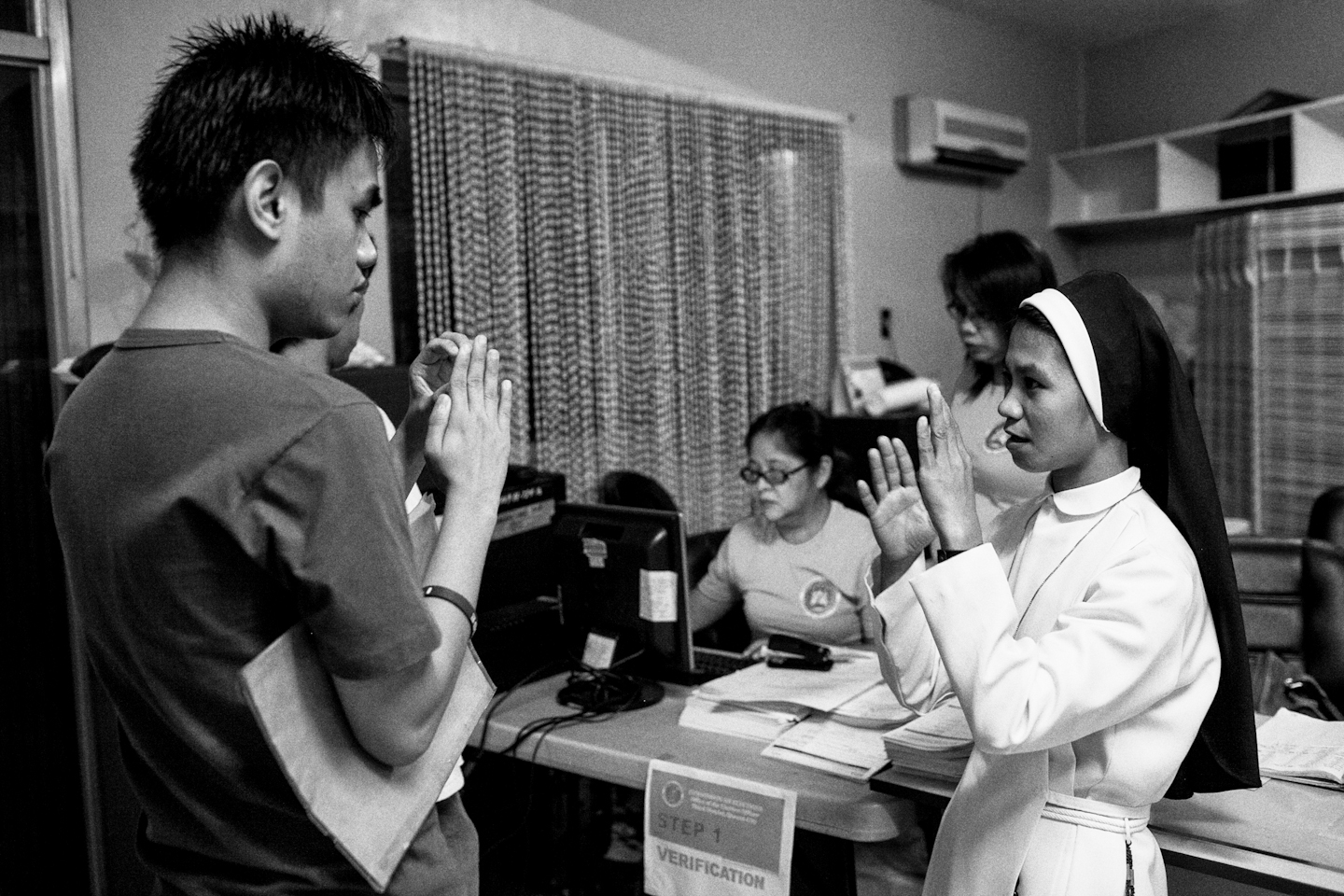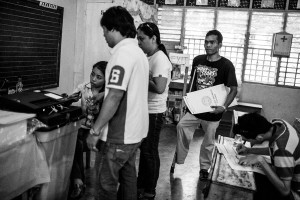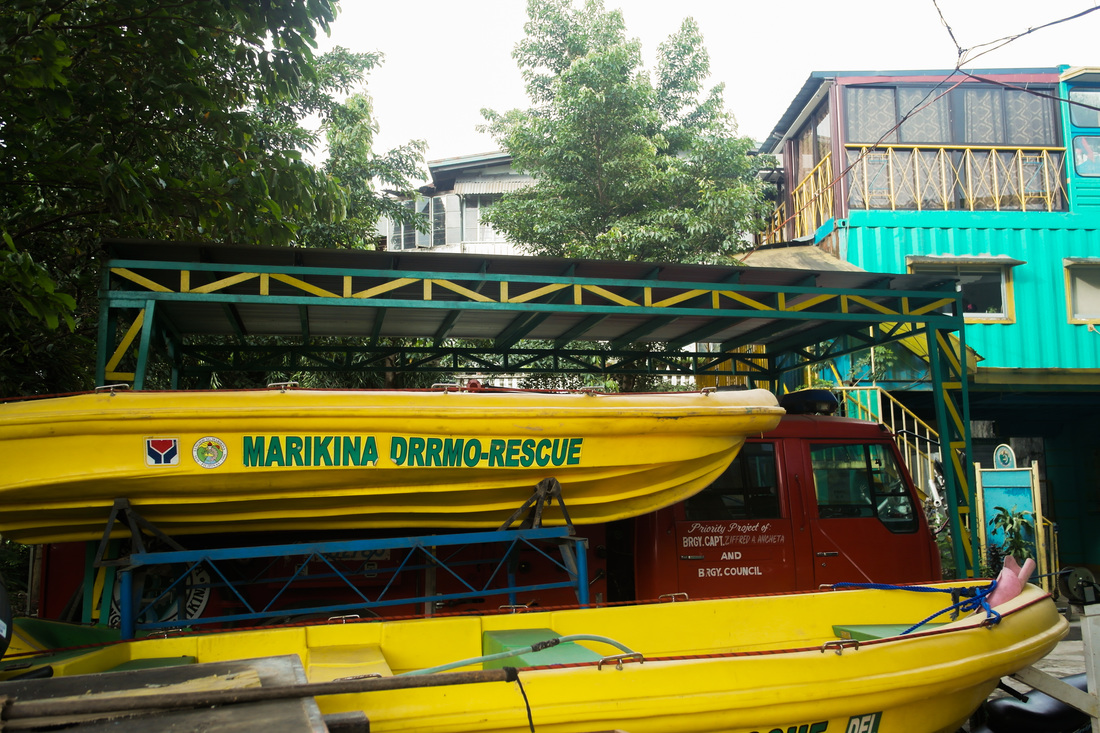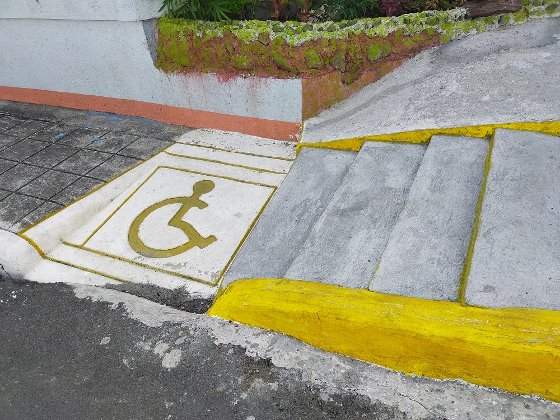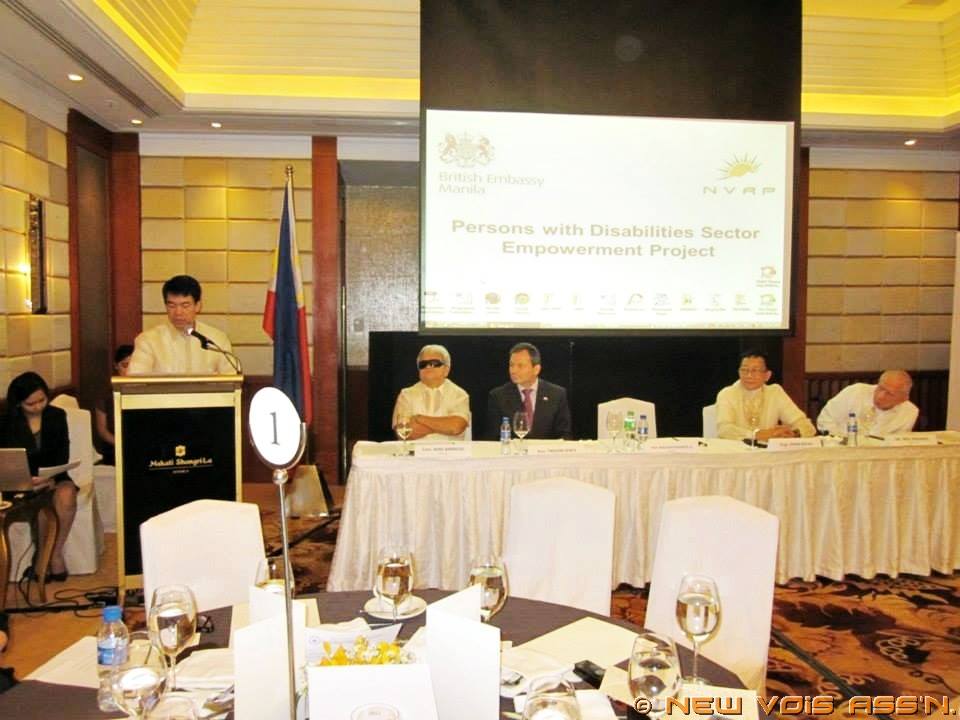
By MELISSA LUZ LOPEZ
FOR nearly 20 years, government agencies have tried to come up with a consolidated list of Filipinos with disabilities, but to no avail.
An organization of persons with disabilities composed of throat cancer survivors hopes to finally create this national database by working with hundreds of PWD organizations all over the country.
“The database is a vital tool to measure the degree of development and social support that PWDs need in their respective place,” Emerito Rojas, president of New Vois Association of the Philippines (NVAP), which launched Thursday the PWD Sector Empowerment Project that is being supported by the United Kingdom.
He said NVAP will consult with the 450 disabled peoples organizations under Alyansa ng mga may Kapansanang Pinoy (AKAP-Pinoy) in building the PWD database.
AKAP-Pinoy Chairman Manuel Agcaoili said six attempts to come up with a PWD database since 1995 all fell below the estimates of the World Health Organization.
WHO estimates that around 10 percent of the population of a developing country has disabilities. This means more than nine million Filipinos.
But the country’s most recent census in 2010 recorded only 1.443 million PWD, or 1.57 percent of the population. The 2000 census counted 935,551 PWDs, or 1.23 percent of Filipinos.
The number of registered voters with disabilities stood 362,113 voters with disabilities as of October 2013.
Commission on Elections Commissioner Grace Padaca, who also attended the launch, said she believes the poll body has the most detailed PWD list so far, even as Republic Act 7277, or the Magna Carta for PWDs of 1991, tasked the Departments of Health and of Social Welfare and Development to coordinate with PWDs.
Herself a PWD, Padaca chaired the Comelec’s special committee on PWDs, detainees and indigenous peoples voting in the recent elections.
Because many PWDs do not appear in the government’s registry, state spending for PWD projects is low, Agcaoili said.
“Unless we really have an accurate figure, we will not be able to get government response with projects that will address the needs of PWDs,” he said.
Sen. Aquilino Pimentel III, who co-authored the Electoral Process Accessibility Act of 2010, said granting PWD card holders the full 20 percent discounts for basic needs would encourage Filipinos with disabilities to register under the national database. The cards are issued by local government units.
At present, Agcaoili said PWDs only enjoy up to 8 percent discounts in basic services despite RA 9442, or the amended PWD Magna Carta, which accords them the 20 percent discounts that are enjoyed by senior citizens. But unlike senior citizens, PWDs are still charged the 12 percent value added tax.
NVAP urged a review of laws assisting PWDs to see if these are enforced, are “still relevant” to respond to the needs of PWDs and are at par with standards set by the United Nations.
“We have so many laws that address the rights of PWDs, but unfortunately, implementation and enforcement of these laws is another story,” said Rojas.
Agcaoili cited the need to update the Accessibility Law of 1982, which sets standards for public infrastructure.
He said the law focuses solely on structural accessibility such as ramps and railings, but fails to address the needs of other disability types.
RA 7277 requires the DOH, DSWD, Department of Education and other government agencies engaged in social development to reserve 5 percent of casual, emergency, and contractual positions for PWDs. Later RA 10524 requires all government offices to reserve at least 1 percent of its workforce for PWDs.
But only 4,300 PWDs are in government service, according to Commissioner Michael Barredo of Pilipinos with Disabilities Inc.
Executive Order 417, meanwhile, mandates the government to shoulder at least 10 percent of the procurement needs of PWD entrepreneurs.
Rojas, however, said government doleouts have not improved the plight of PWDs, and instead have left them vulnerable to market competition.
Pimentel said he recently has a bill to replace the internal revenue allotment system among LGUs to ensure that funds would be available to create a local Persons with Disabilities Affairs Office (PDAO).
He said LGUs often point to the lack of budget from the DSWD, which, according to the law, must fund the local PDAOs.
Only around 24 towns have created a PDAO from all over the Philippines, according to the National Anti-Poverty Commission (NAPC).
Trevor Lewis, British Embassy deputy head of mission, said the Philippines needs to create its own strategies and set locally achievable goals for PWD inclusiveness.
“The big picture is bringing the PWD sector together and unified so you can use the power to achieve the best results,” he said.
